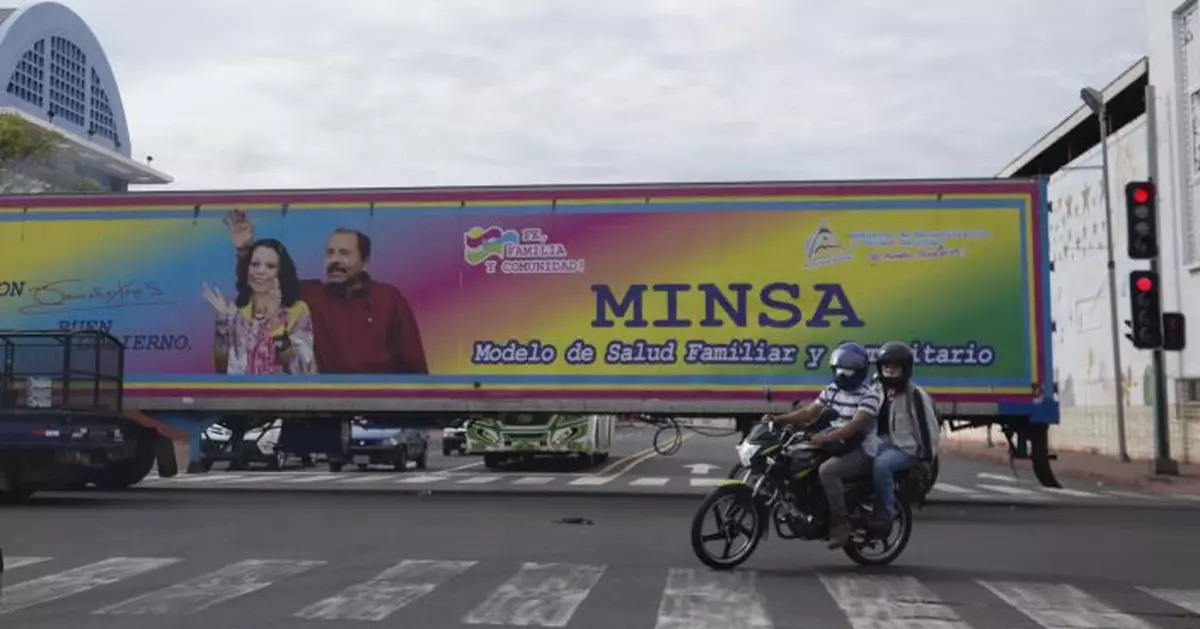The president of the Inter-American Commission on Human Rights said Wednesday that Nicaragua had entered a new phase of repression with at least 20 opposition figures arrested in recent weeks and “constant human rights violations.”
Antonia Urrejola told members of the Organization of American States’ Permanent Council that the crackdown appeared to be part of a government strategy to snuff out internal dissidence ahead of the Nov. 7 elections, in which President Daniel Ortega will seek a fourth consecutive term.
An extended “de facto state of exception” in Nicaragua has “intensified the closure of democratic spaces,” she said.
In the past month, the regional human rights body has received 27 requests for protective measures for people persecuted or threatened in Nicaragua, the same number as in all of 2020.
Urrejola said many of the recent arrests involved the use of force and raids of homes without judicial orders. Some people were taken to secret hearings without legal repsentation. Authorities refuse to tell relatives where they are being held or the state of their health.
Ortega’s government has maintained that massive street protests sparked by a change to the social security system in April 2018, were an attempted coup that received foreign backing.
At least 328 people were killed and more than 2,000 were wounded as the government put down those protests in the following months, according to the commission.
Many of those arrested in recent weeks face allegations of crimes against the state, often involving receiving funding from overseas.
Nicaragua’s representative at the OAS, Ricardo Alvarado, characterized the commission’s report as “fallacious and bad intentioned.” It charged that the commission was “used as the tip of the spear by the United States against Nicaragua.”
Alvarado accused the U.S. and other countries of interfering in Nicaragua’s upcoming elections. He called Ortega’s opponents “terrorist groups, mercenaries and traitors directed and financed by the (U.S.) government.”


